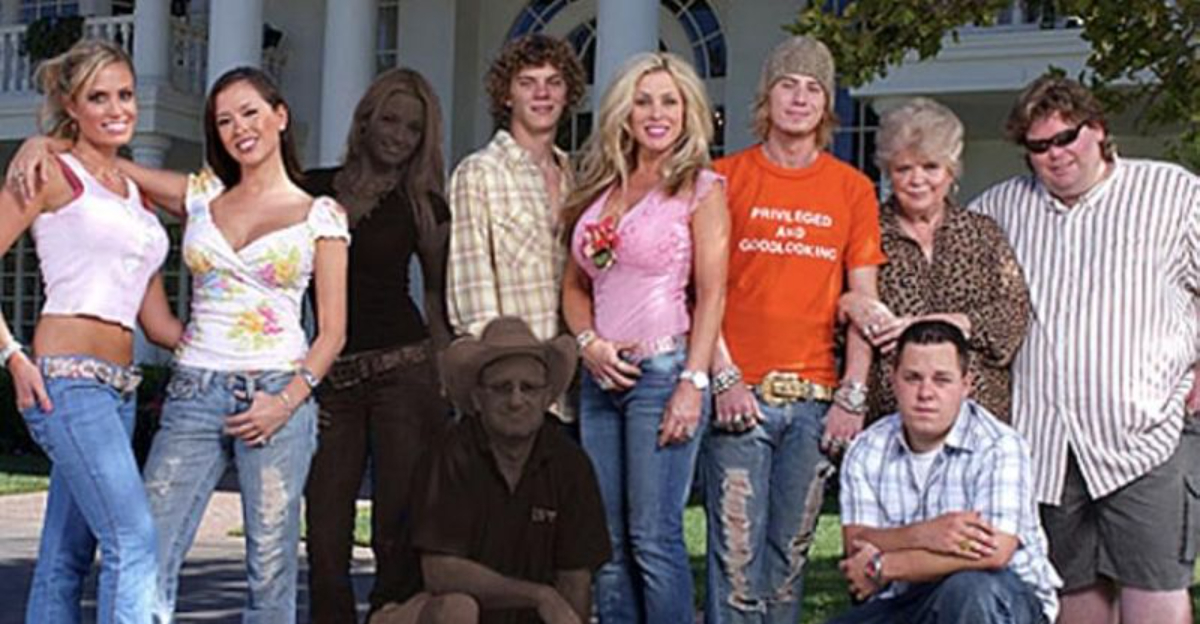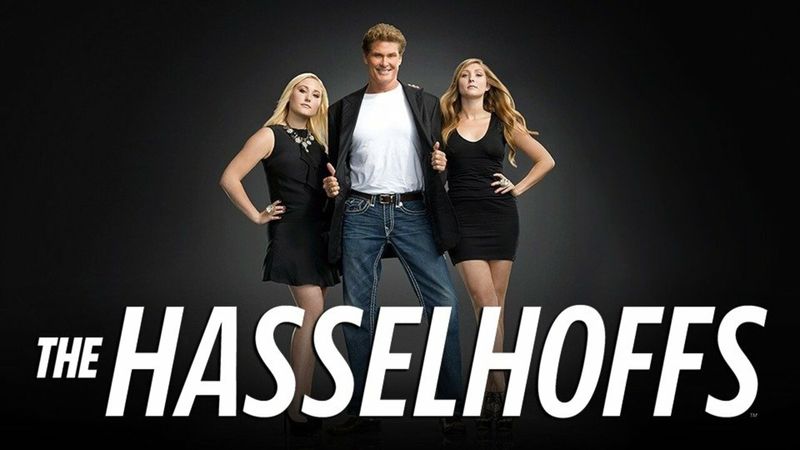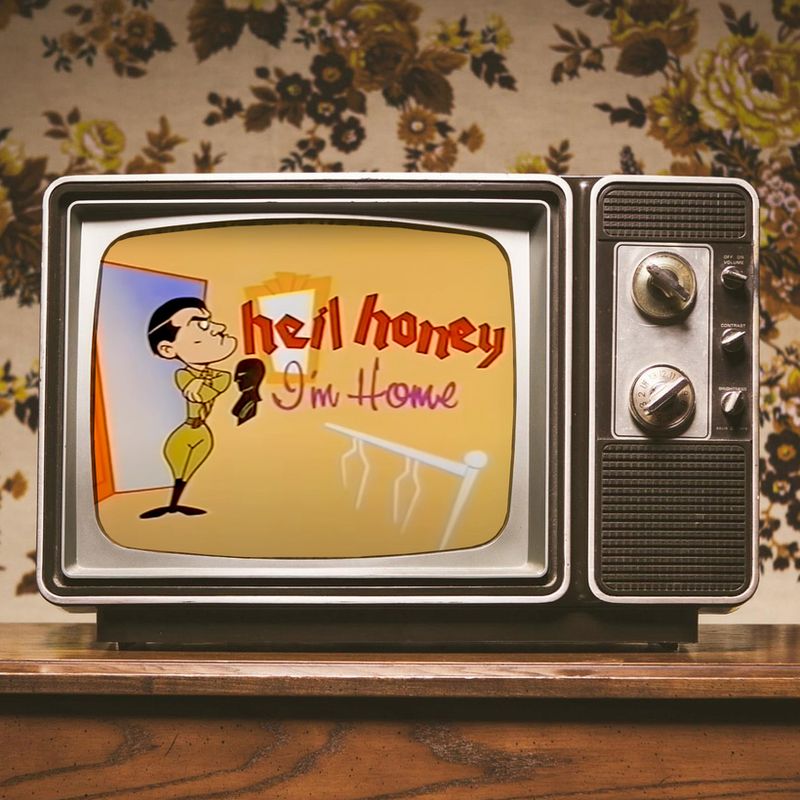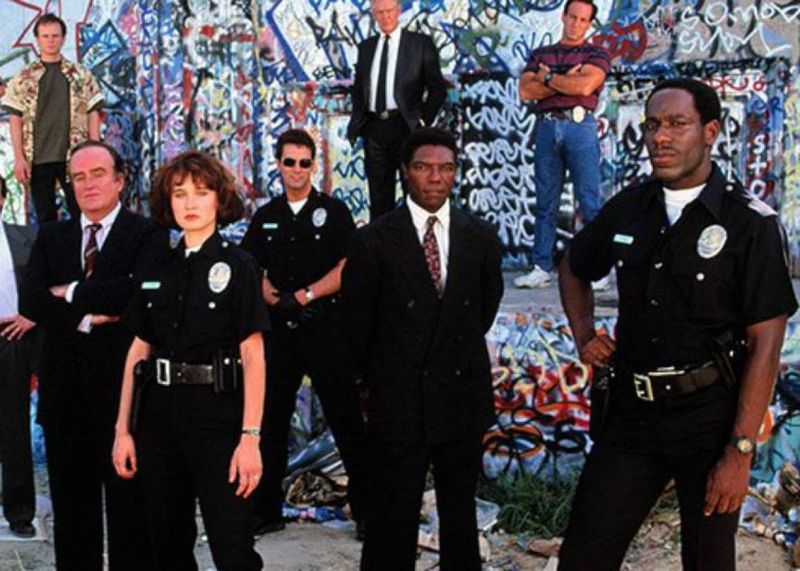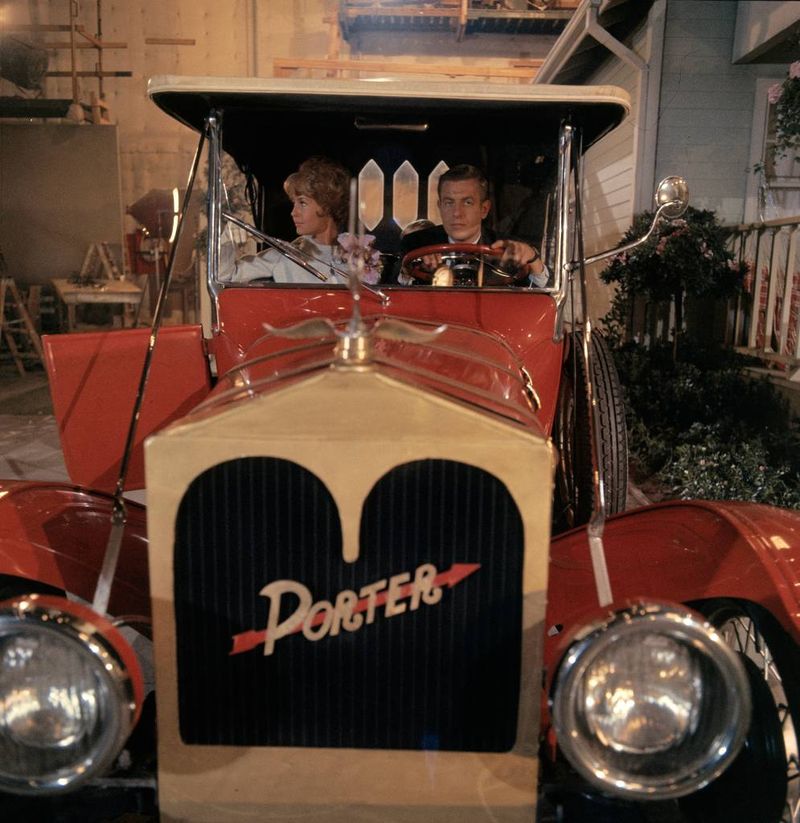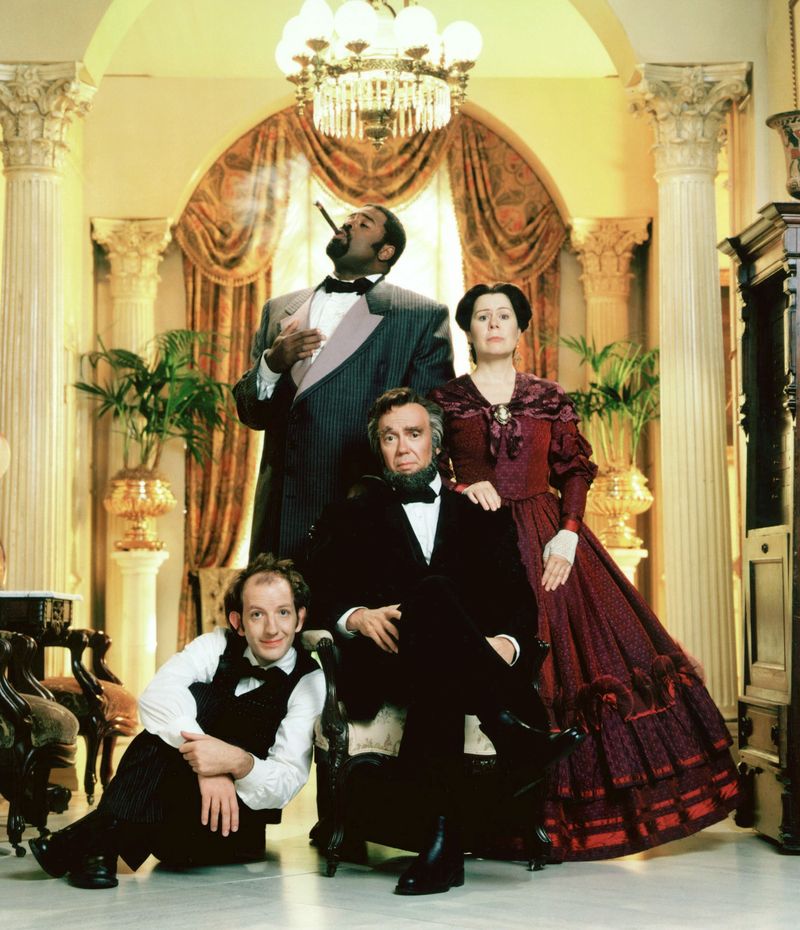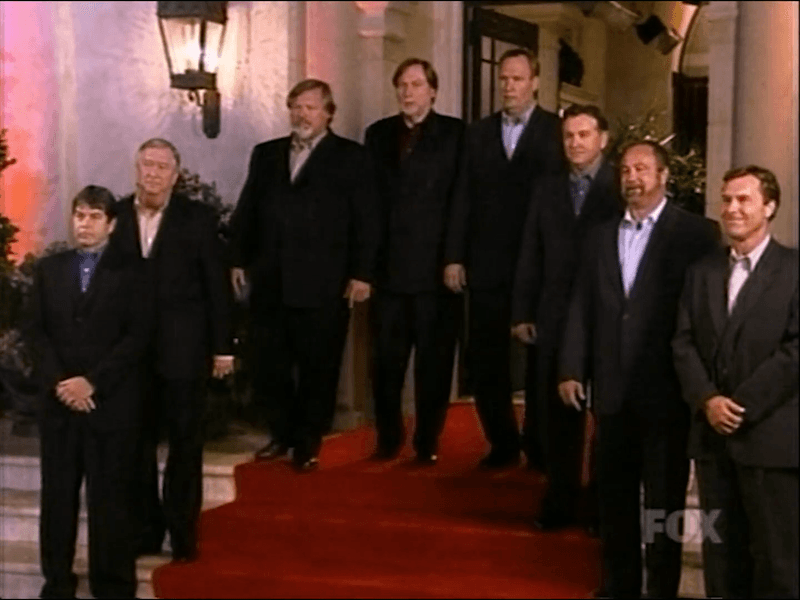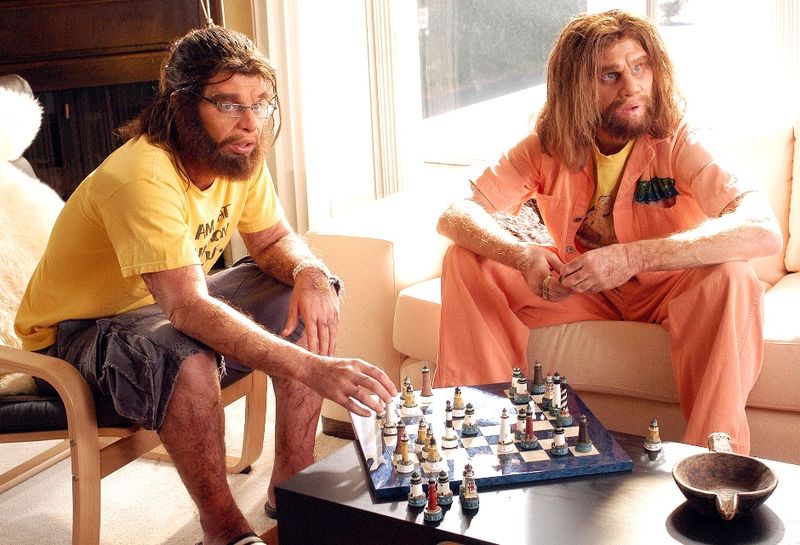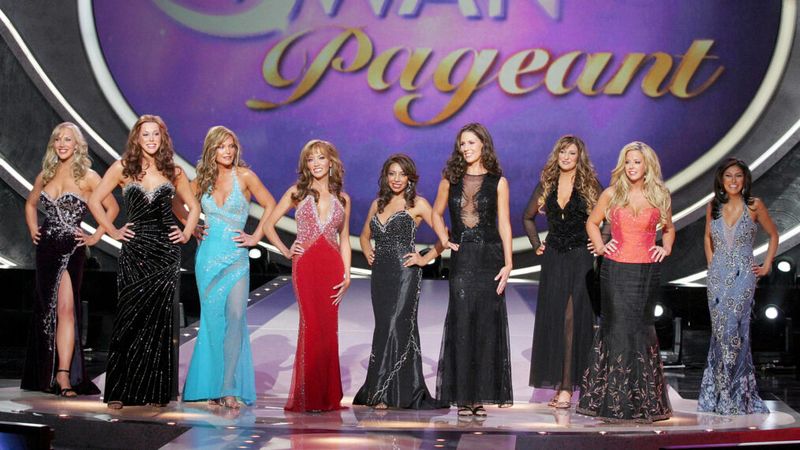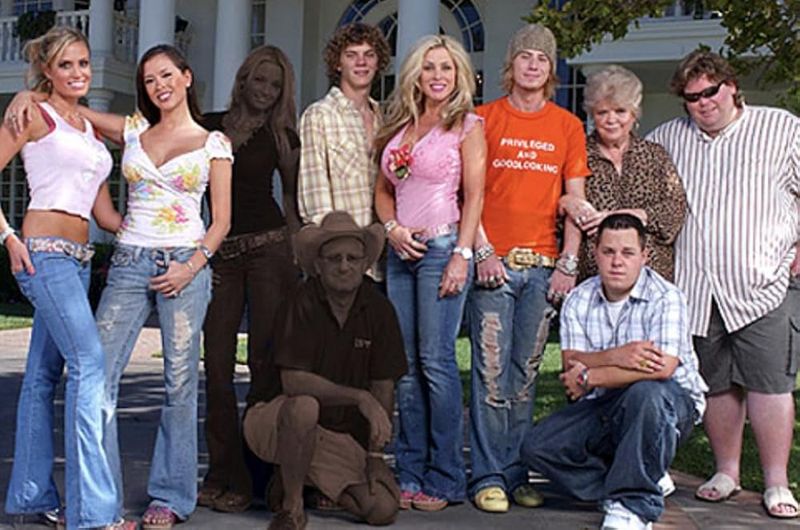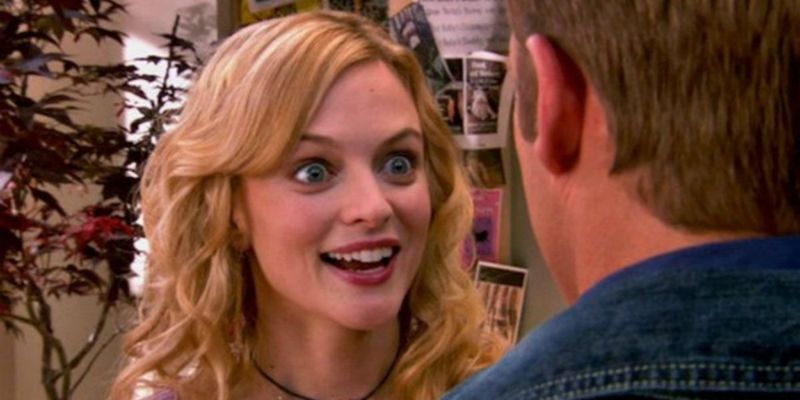Television has gifted audiences with a treasure trove of memorable shows, yet not every endeavor is destined for greatness. Some series have managed to achieve notoriety for their bewildering premises or lackluster execution, earning a place in the annals of TV history for all the wrong reasons. Here, we delve into ten of the most infamous television misfires ever to grace the airwaves.
1. The Hasselhoffs (2010)
David Hasselhoff, renowned for his roles in iconic series, took a bold leap into reality TV with “The Hasselhoffs.” The show attempted to offer a glimpse into his family life, featuring his daughters intimately. However, the execution left much to be desired. Viewers were met with a lack of compelling content, and critics were quick to express their disdain. Within two episodes, A&E deemed the ratings irredeemable and pulled the plug. Despite his previous successes, this venture became an unexpected blemish on Hasselhoff’s TV legacy. “The Hasselhoffs” serves as a reminder that not all stars can shine in reality TV.
2. Heil Honey I’m Home! (1990)
In a surreal twist of television history, “Heil Honey I’m Home!” stood out for its astonishingly poor taste. This British sitcom dared to depict Adolf Hitler and Eva Braun as quirky neighbors. The concept itself was enough to provoke disbelief and outrage, yet it somehow made it to air. Critics and audiences alike were appalled by the insensitivity. The BBC immediately canceled it after the first episode, responding to the uproar it caused. This ill-conceived show remains a testament to misguided attempts at comedy, where shock value overshadowed any sense of humor or sensitivity.
3. Cop Rock (1990)
“Cop Rock,” a peculiar blend of crime drama and musical theater, remains a puzzling anomaly in television history. Created by Steven Bochco, the series merged police procedural elements with spontaneous Broadway-style songs. While innovative in concept, the execution was baffling to audiences. Critics were left scratching their heads, uncertain of how to respond. Despite its ambition, the show quickly faltered, resulting in its cancellation after just 11 episodes. “Cop Rock” serves as a cautionary tale, illustrating that not every genre mashup is destined for success, even with a seasoned creator at the helm.
4. My Mother the Car (1965–1966)
“My Mother the Car” stands as a bizarre chapter in TV history, where imagination possibly overstepped its bounds. The show revolved around a peculiar premise: a man’s mother reincarnated as a 1920s car, communicating with him. While the idea seemed whimsically inventive, it failed to resonate with viewers. The show struggled to find its footing, with many questioning its humor and narrative. Despite lasting a full season, it never gained the traction it needed and was eventually canceled. This quirky series highlights the challenges of turning an eccentric concept into a sustainable success.
5. The Secret Diary of Desmond Pfeiffer (1998)
“The Secret Diary of Desmond Pfeiffer” attempted to navigate the tricky waters of historical comedy, but its course was fraught with controversy. Set in Abraham Lincoln’s White House, the show centered around an African-American butler navigating absurd situations. However, it stumbled by incorporating slavery-related humor, which was met with immediate backlash. The blend of tasteless jokes and historical insensitivity resulted in protests, leading to its cancellation after just four episodes. “Desmond Pfeiffer” underscores the perils of comedy that prioritizes shock over sensitivity, leaving a tarnished legacy in its wake.
6. Who’s Your Daddy? (2005)
“Who’s Your Daddy?” pushed reality TV boundaries with its controversial premise. The show featured an adopted woman attempting to identify her biological father from a lineup of men, with a cash prize awaiting if she succeeded. The exploitative concept sparked widespread condemnation. Critics and viewers alike criticized it for trivializing deeply personal issues. Despite the initial intrigue, the show’s ethical missteps led to its quick demise. Fox aired only one episode before pulling it off the air, solidifying its reputation as a cautionary tale of reality TV excess gone wrong.
7. Cavemen (2007)
“Cavemen,” inspired by popular Geico commercials, ventured into the realm of sitcoms with a prehistoric twist. It followed a group of Neanderthals navigating modern life, a concept that initially seemed ripe for humor. However, execution fell flat, with critics lambasting it for lacking wit and charm. The show quickly became an example of how advertising success doesn’t always translate to TV gold. Despite the initial buzz, ABC canceled “Cavemen” after just six episodes, marking it as a short-lived experiment in TV history. Its brief run highlights the challenges of expanding commercial success into sustained entertainment.
8. The Swan (2004)
“The Swan” took the makeover show concept to extreme levels, transforming participants through extensive plastic surgery. Women competed in a beauty pageant after undergoing drastic changes, a notion that drew sharp criticism. Many viewers found the show’s messaging toxic, arguing it promoted unrealistic beauty standards and exploited contestants’ insecurities. Despite its controversial nature, “The Swan” managed to air two seasons. However, it remains infamous for its unsettling approach to transformation, serving as a reminder of the ethical lines reality TV can sometimes cross in pursuit of drama and ratings.
9. The Will (2005)
Reality TV often thrives on drama, but “The Will” took it to uncomfortable extremes. This show had family members competing for inheritance by enduring humiliating stunts. It was a concept that many found distasteful and exploitative. The premise revolved around pitting loved ones against one another, a strategy that quickly backfired. CBS pulled the show after airing just one episode, responding to the negative feedback. “The Will” stands as a prime example of reality TV pushing boundaries too far, illustrating how the quest for sensationalism can sometimes overshadow human decency.
10. Emily’s Reasons Why Not (2006)
“Emily’s Reasons Why Not,” starring Heather Graham, was poised to be a hit, but its charms failed to captivate. The sitcom attempted to blend romantic entanglements with whimsical humor, yet it stumbled out of the gate. Critics and audiences were unimpressed by its formulaic storyline and lack of originality. ABC’s swift decision to cancel it after just one episode speaks volumes about its reception. “Emily’s Reasons Why Not” highlights the unforgiving nature of television, where even established stars and promising premises can’t guarantee longevity without captivating execution.
